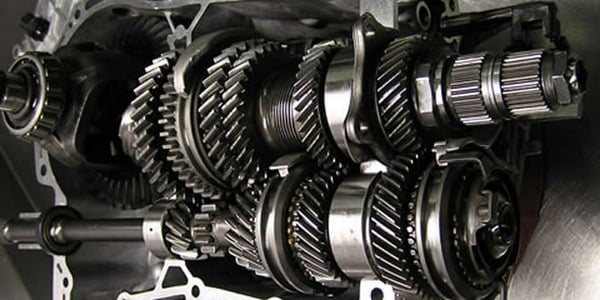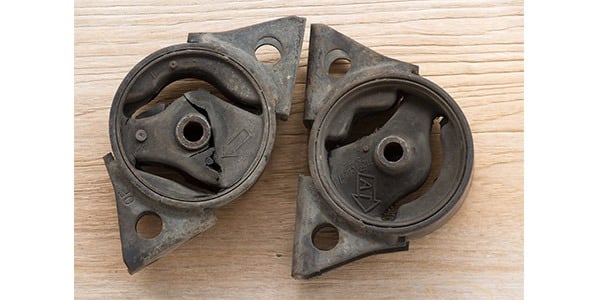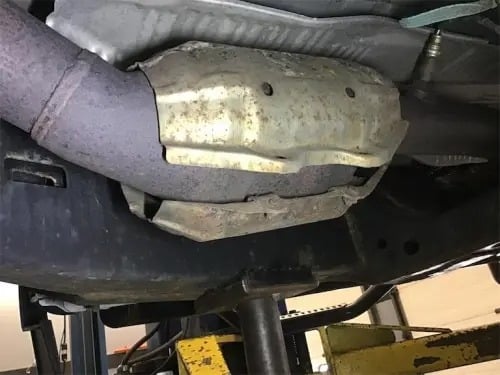Several disturbing sounds produced by your car mean different things or problems with your car. A rattling noise is a noise that indicates a fault with one or more major components in the engine. Just like any other mechanical problems, neglecting this sign, especially the rattling sound, will worsen your vehicle’s problem and consequently incur massive debt on you for fixing it.
XeroDrive has identified a few mechanical problems that could cause a rattling sound when you attempt to accelerate.
Low transmission fluid level

This is a minor issue, and the solution can be proffered quickly without breaking much of a sweat. The reason for the rattling noise is that there is a drop in the amount of fluid needed by your car’s engine. This issue can be easily fixed, but if you take it lightly, it will mean more trouble.
Bad torque converter
When the torque converter in your car is damaged, you need to contact an auto repair shop as soon as possible. The early signs of a failing torque converter are not noticeable, but as it gets worse, the frequency of the rattling noise increases.
Failed motor mount
When there is a failure in the motor mount located on the passenger side of your vehicle, there is much possibility of a rattling noise. So, how do you know when the mount motor is damaged? It is evident when the oil leaks uncontrollably from the motor mount. Observing the mount and discovering oil dripping means the motor mount is failing or impaired.
There may be a situation where you do not see any oil stain. It is a general suggestion that you need to call the attention of a trained professional.

Broken heat shield
When your heat shields are loose or broken, they will fail to function as they reflect barriers in the exhaust system and other components, such as the fuel line, your car’s cabin, and the gas tank. This means that heat will be uncontrollably supplied to these vital places. This will make your car make a very alarming rattling sound when you are driving or moving at top speed.

To diagnose this problem, you must check if the shields are responsible for this noise by checking your exhaust system. This is definitely not the kind of inspection you want to do when your engine is running or just powered off. This is because the exhaust pipe and other key parts will be very hot. You have to wait for a few hours before you carry out your inspection on it.
Exhaust Leak
An exhaust leak can also cause a rattle noise when accelerating. You will need to jack up your car to inspect any leaks while the engine is running. If you notice a leak, try to remove the whole exhaust system to block all leaks. This can be done either by welding or using special gum.
You can also look for any defective cone that links the exhaust pipes.
Loosened V-Belt pulley
The v-belt pulley works and aligns with the increase in the acceleration of the engine. When they are loosening, it creates a loud rattling noise that will make you halt your engine due to panic.
The reason for this noise is that the loosened belt has caused friction with the metal-on-metal contact. To check the source of this problem, take a look at your engine and locate the pulley belt for frayed sides. If the belt is damaged, you will need to replace it, but in a situation where it is only loosened, you will only need to fix it.
Video: How to fix rattling noise in your car
Finally, rattling noises are not limited to when you are moving your car at top speed, your car may also make a rattling noise when you are driving at low speed. When you find yourself in this unwanted dilemma, you must perform a similar diagnosis on the rattling noise at high speed.


